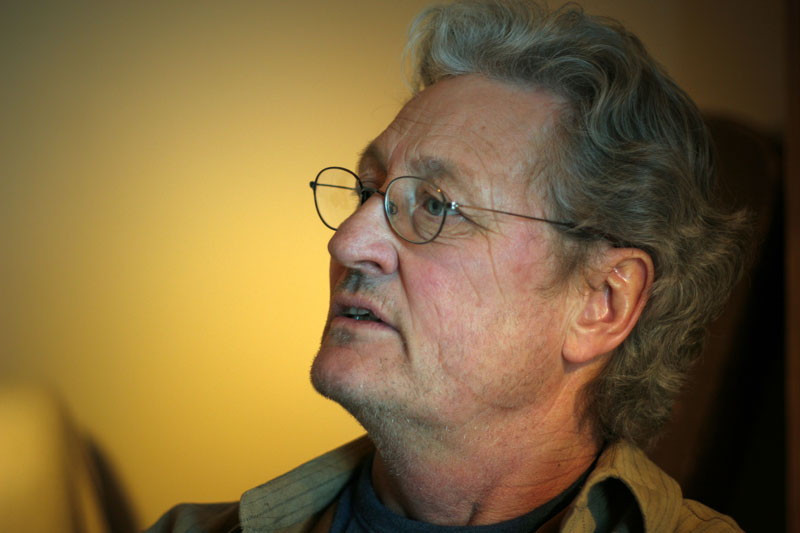A product of his landscape
Local author David Elias talks about the craft of writing
For local author, David Elias, writing isn’t just a career; it’s a way of life. It’s what he knows, it’s what he does and it’s what he shares with others. And he loves every minute of it.
“I don’t waste a word or sentence,” he said over drinks at a local café recently.
Not only does he have a prominent local literary voice, Elias is also extremely active in varied areas of the community. A former mentor for the Manitoba Writers’ Guild’s mentorship program and a teacher with the school of writing at Canadian Mennonite University, Elias writes full-time but still finds enough hours in the day to take on numerous side-projects.
It’s safe to assume that the Winnipeg writing community wouldn’t be the same without him. As an avid member of the local literary scene who enjoys attending readings, Elias firmly believes that writers in a community should be familiar with each other’s work.
Elias also believes that one of the many values of reading local fiction is the affirmation that may come from it.
“We are a product of our landscape,” he said, adding that he’s proud of the literary culture in Winnipeg.
There’s no doubt that Manitoba has seen burgeoning success from its Mennonite-author population, specifically, as of late, including Elias, as well as major literary award-winners David Bergen and Miriam Toews. Some in the literary world, including Elias, consider Winnipeg to be the Mennonite writing capital of North America.
“ I don’t waste a word or a sentence.
Writer David Elias
“It’s who you are,” Elias said in regards to the cultural identification of Mennonite writers. He insists, though, that he is personally ambivalent about his cultural status as a writer. “[I] just write.”
In his own writing, Elias celebrates the “physical act of committing words to paper,” and considers the process to be “a craft to practice, improve on [and] hone.”
“A deeper commitment to illuminating or exploring the human condition,” said Elias, is fundamental to serious authorship.
In his second novel, Waiting for Elvis, Elias honours that commitment. Released by Coteau Books late last year, Waiting for Elvis has a unique focus. The book is actually his first that hasn’t been discussed in terms of its Mennonite influence, he observed.
What makes Waiting for Elvis work as a standout novel is Elias’ commitment to exploring the duality of everyday life, its successes and its sufferings. Such honesty is both enlightening and disturbing. Elias avoids sentiment for its own sake, and encourages readers to think critically about the human condition, blurring the lines between lost and fallen souls.
“[It’s about] getting in the shadows and being where the light is shining … illuminating human nature,” he said of Waiting for Elvis, noting the prominence of light metaphors in the book, which support an overarching message of hope. His favourite lines from the novel are the very last three, “They shimmer. They glow. They shine.”
For David Elias, writing is life. He is truly a role model for local aspiring writers. Amid our literary community, he undoubtedly shines.
Published in Volume 63, Number 20 of The Uniter (February 12, 2009)







